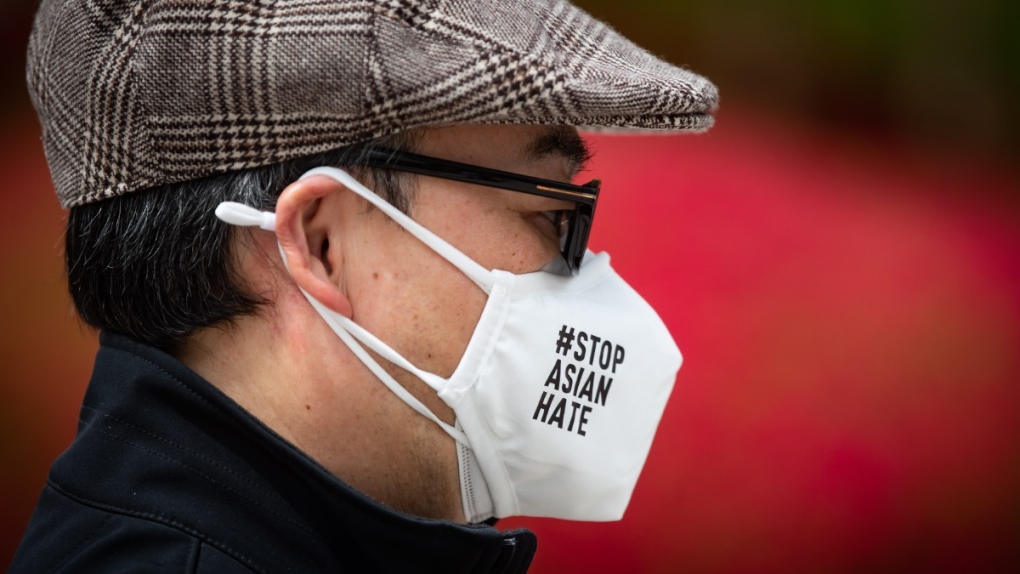
Whether it was pressure to conform or fear of having their experiences validated, some Chinese Canadians say they faced certain barriers when it came to speaking up about anti-Asian racism, a new report finds.
The joint effort between the Factor-Inwentash Faculty of Social Work at the University of Toronto and Chinese Canadian National Council Toronto Chapter sought to highlight the first-hand experiences of members of Toronto’s Asian communities before and during the COVID-19 pandemic. The results are similar to those from other studies conducted elsewhere in Canada in the last three years.
Called “2020 in Hindsight: Intergenerational conversations on Anti-Asian Racism during the COVID-19 pandemic,” the report was released earlier this week and focuses on the experiences of more than 30 people of different ages, including new immigrants and those born in Canada.
Participants described cases where they were physically attacked or insulted, such as being told to go back to China, difficulties talking about racism with family, as well as feelings of hopelessness or helplessness, described in the report as “Wu Nai” in Chinese.
“Even if people didn’t encounter obvious blatant racist acts people were — every single one of them was —affected by anti-Asian racism in many different ways,” Izumi Sakamoto, an associate professor at the University of Toronto and a co-author of the report, said on Thursday.
Pressure to conform as a “model minority,” uncertainty around whether their experiences counted as racism or a lack of proficiency in English also factored into whether participants chose to share their experiences or not.
“It hurts, but it’s not enough to show to (the) emergency room,” Sakamoto said.
Reports of anti-Asian hate have increased in Canada and the United States since the onset of the COVID-19 pandemic, affecting some of Canada’s major cities.
“The U.S. population is about 10 times that of Canada, (but) we have a higher ratio of attacks,” Amy Go of the Chinese Canadian National Council for Social Justice said in 2021.
“We were blamed for bringing SARS to Canada, just like we are blamed for bringing COVID to Canada. We are definitely seen as foreigners, that’s why we are told to go back to China.”
Significant increases in hate crimes were noted in Ottawa, Vancouver and Montreal, among other cities.
The Chinese Canadian National Council Toronto Chapter released a joint report last year with the organization project 1907 that found similar increases in cases of anti-Asian racism in 2021.
Among the report’s calls to action are for increased awareness and education around anti-Asian racism, funding for grassroots communities and greater representation in senior management and at board levels.
The researchers acknowledge that the report may not reflect all opinions or experiences within Chinese Canadian communities or those from other Asian Canadian populations.
